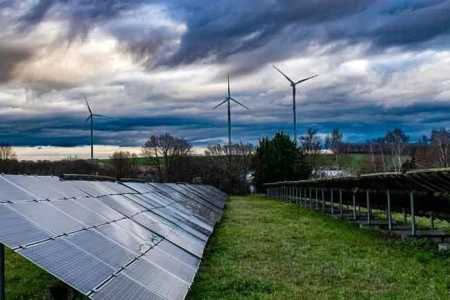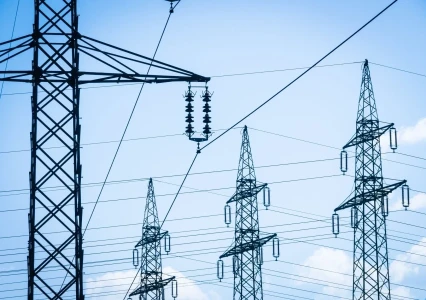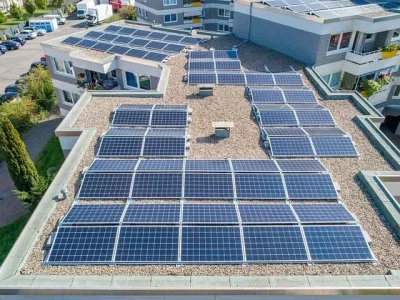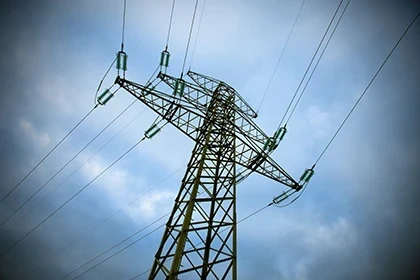Trump Visits Georgia: Denial of Climate Crisis Post-Hurricane Helene

In a recent visit to Georgia following the devastating impacts of Hurricane Helene, former President Donald Trump made headlines by denying the reality of climate change. His remarks come at a time when communities are grappling with the aftermath of severe weather events, raising questions about leadership, accountability, and the future of climate policy in the United States.
The Context of Hurricane Helene
Hurricane Helene made landfall on the southeastern coast, causing extensive damage in Georgia and surrounding states. With wind speeds exceeding 100 miles per hour and heavy rainfall leading to widespread flooding, the hurricane has been one of the most significant weather events of the year. As communities begin to assess the damage and initiate recovery efforts, discussions around climate change and its impacts are more relevant than ever.
In the wake of such disasters, public discourse often turns to the broader implications of climate change, particularly the frequency and intensity of hurricanes and extreme weather patterns. Scientists have warned that climate change is contributing to more severe weather events, making the discussion surrounding climate policy increasingly urgent.
Trump’s Remarks and Their Implications
During his visit, Trump downplayed the severity of climate change, stating, “I don’t believe in the climate crisis that everyone is talking about.” His comments reflect a broader narrative that has been part of his political platform, where climate change has often been dismissed as exaggerated or a political ploy.
This denial comes at a critical juncture. Many political leaders and climate scientists advocate for immediate action to mitigate climate change and prepare for its inevitable impacts. Trump's remarks have reignited debates about the direction of U.S. climate policy, particularly in light of the upcoming elections.
Public Response and Political Ramifications
The former president's comments sparked outrage among environmental advocates, scientists, and local officials who are witnessing the devastating effects of climate change firsthand. Many expressed frustration that, despite overwhelming scientific evidence, leaders continue to dismiss the realities of climate change.
“Denying climate change after a hurricane like Helene is not just irresponsible; it’s dangerous,” said a local environmental activist. “The science is clear, and our communities are suffering. We need leaders who will acknowledge the reality and work towards solutions, not those who perpetuate denial.”
Trump's stance could resonate with a segment of the electorate that remains skeptical about climate issues. However, it also risks alienating voters, particularly younger generations who prioritize climate action. Polls indicate that climate change is increasingly viewed as a critical issue by many Americans, and dismissing it could have electoral consequences.
The Broader Climate Debate
Trump’s comments highlight a significant divide in American politics regarding climate change. While many politicians and advocacy groups are pushing for aggressive climate action, including a transition to renewable energy and investments in climate resilience, others cling to fossil fuel interests and reject the overwhelming scientific consensus.
This divide is not merely ideological; it has real-world implications. As natural disasters become more frequent, the cost of recovery and adaptation rises. Communities that are unprepared or unwilling to acknowledge climate change may find themselves facing increasingly severe challenges.
The discussion around climate change is often framed as a future concern, but the reality is that the effects are already being felt. From devastating hurricanes to wildfires and heatwaves, climate change is no longer a distant threat; it is a present danger that demands immediate action.
Moving Forward: The Need for Leadership
As communities in Georgia and beyond begin to rebuild after Hurricane Helene, the need for effective leadership on climate issues is more pressing than ever. Leaders who acknowledge the realities of climate change and advocate for proactive measures will be essential in fostering resilience and safeguarding future generations.
Public engagement, education, and advocacy will play critical roles in shaping the conversation around climate policy. As more individuals become aware of the impacts of climate change, there is potential for a collective push towards sustainable practices and policies that prioritize environmental health.
In the wake of Hurricane Helene, it is crucial for leaders to rise to the occasion, not by perpetuating denial, but by addressing the climate crisis with the urgency it deserves. The path forward requires acknowledgment of scientific realities, collaboration across political lines, and a commitment to building a sustainable future for all.
Conclusion
Trump's visit to Georgia and his comments denying the climate crisis serve as a stark reminder of the political divides surrounding climate change. As communities recover from Hurricane Helene, the imperative for informed leadership and actionable climate policies has never been clearer. Engaging in open dialogue and fostering a shared commitment to addressing climate challenges is essential for ensuring a more resilient and sustainable future.









